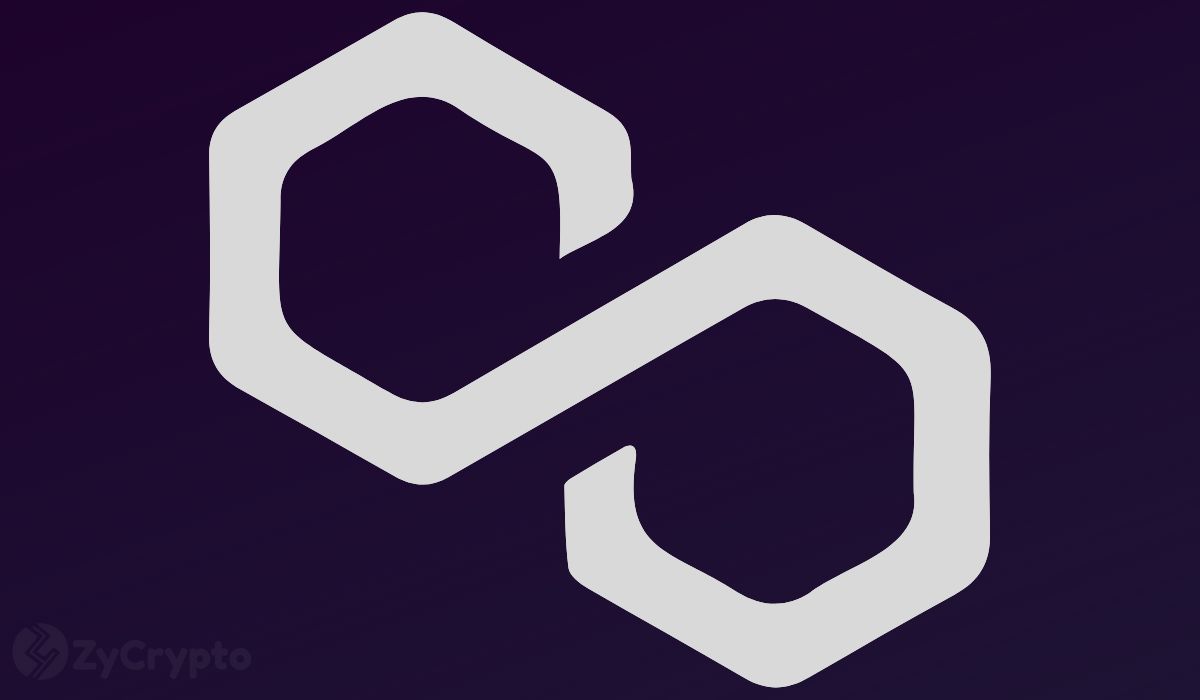For investors and holders of MATIC, tensions remain high. According to data, whale buying activity has increased significantly, demonstrating high support and confidence in the project. Large-scale investors appear to know Polygon’s technology’s potential and advancements.
Polygon also unveiled “The Value Prop,” an open library of blockchain use cases along with the price recovery. This is a significant development as this extensive catalogue features more than 300 applications and several use examples from a range of industry verticals, blockchain networks, and geographic regions. The effort attempts to emphasize blockchain technology’s beneficial uses outside of asset trading by portraying it as a flexible tool with practical utility.
The crypto community has noticed and backed Polygon’s dedication to pushing blockchain application cases. The action is a key step toward boosting blockchain technology usage and recognition. The industry has expressed curiosity and excitement in Polygon’s presentation of upgradeable smart contracts. With the help of these upgradeable smart contracts, developers can modify and update their contracts to increase flexibility and adaptability.
Meanwhile, Polygon is also working on “System Smart Contracts Governance”, as Mateusz Rzeszowski, governance facilitator of Polygon Labs, said: “Following the first pillar, we present an approach to upgradeable contracts in Polygon protocols, including a potential governance model which allows for both security and decentralization.”
The suggested Ecosystem Council model proposes a decentralized, community-controlled council of credible and tech-savvy persons who can change system smart contracts in a timelock-restricted manner. The community would vote for the council using the $MATIC token, which would be up for election and removal. Polygon Labs notes that any Polygon protocol would require a unique check on the council’s operations. The governance approach seeks to reconcile effective council governance with community control, requiring less active governance and mitigating potential attack vectors.
Rzeszowski added, “This type of governance can minimize requirements for active governance, voter fatigue, and apathy, as well as potential attack vectors connected to, for example, regularly held elections.”
Despite recent turbulence, these promising developments within the Polygon ecosystem have helped rebuild trust in the project. The price recovery and the introduction of “The Value Prop” have shown how committed Polygon is to promoting blockchain technology and giving its consumers real value.
As the cryptocurrency industry expands, initiatives like Polygon seek to show blockchain technology’s potential beyond cryptocurrencies. The range of use cases in “The Value Prop” database may inspire entrepreneurs, companies, and developers to research the possibilities presented by blockchain in solving modern issues.
The resilience of Polygon in the face of turbulence and its proactive strategy to push blockchain use cases strengthen its status as a top Web3 network. Investors and business leaders continue to show interest in and support for the initiative.


